It is an interesting time that we find ourselves in. The perception we once had of how a society functions has been turned on its head. As the pandemic has completely destroyed the realities once known to us, the need to reassess in all areas is a reality we can no longer ignore. I don’t think it is lost on any of us that the timing of the pandemic coinciding with the re-ignition of the Black Lives Matter movement has given new light to how much we actually internalize when it comes to movements crying out for the enactment of change. The cancelations and emptiness that the pandemic has brought about have given these issues an unprecedented platform upon which the instigators of this social change stand.
The world has not only cast its gaze but has been forced to internalize the need for this change at a deep level. On a personal level and at a societal one, there is an invested interest in listening to the voices that have been historically oppressed and understanding at a much deeper level of how we can do better. While the global manifestations of this betterment take shape as the realignment of our systemic structures, I believe that for the betterment to be lasting it has to start on an individual basis within our own industries, sectors, and selves. This comes from a restructuring of the idea of convention, a dismantling of the systems in place that create barriers to acceptance, and a realignment of our values, especially those that may perpetuate these barriers.
What does this mean for our world? The music world I mean. Classical music continues to grow insularly, and especially in these times, the only thing that should be growing on an insular level is a renewed understanding that unity and equity need to guide our actions. Music is so visceral in its creation that it baffles me that as a classical musician I live in a world so wrought with constraints and barriers. Creativity in a way is stifled before it gets the chance to exist in the developed mind due to the constraints that the process of development puts on that mind. We begin from a place of limitless possibility, develop in a place that tells you everything you cannot do, and then, after those walls have been built up around the limitlessness you thought existed, you are told to find your voice, find your authenticity. How does this make any sense? Moreover, what needs to be done to understand where these notions come from and what needs to be done to break them down?
I have recently begun my real exposure and understanding of electronic music. I had the chance to write about Maxime Corbeil-Perron’s work and I have since spent more time thinking and examining the conventional barriers broken down through electronic music. What I have realized through my own exploration is that my education in a way has limited my scope, or perhaps the willingness to broaden my scope. I had a firm idea of what “classical” music was and that the music created outside of this genre was in some way lesser, or less intelligent. I wonder how many others feel this based on what a system constructed around classical music perpetuates? I allowed myself to listen to Adam Scime’s L’homme et le ciel, something more conventional to my ears, and Doom Tickler’s performance at the last live Convergence Theory, something very different. I found myself assessing my understanding and taking an indepth look at myself and the walls I put up around that understanding. Rather than dwelling on the differences that I have been taught, I spent the time drawing parallels. Both very advanced in their fields, both creating to inspire, both creating authentically at a high-level of professionalism, both expressing themselves through their art. Why is one more accepted? Why is one more “conventional”? When I released myself from my education, in a way, I was able to truly hear. Again, I ask the question, how many will never have an experience with this music because of the conventional walls that have been put up around their understanding?
We need to open up our world a bit. If the pandemic has shown me one thing it is that the limited, protected scope of our understanding of our artform and the sector that benefits from it needs to be reassessed. The world is struggling, the music world probably the most. Is this the time to continue to operate within a conventional place or perhaps a time to search out avenues that will lead to a greater sense of inclusivity? I would ask all of you to give yourself over to a new understanding of what is “good” , what is “right” and what is “intelligent” when thinking about art. You never know what will be your cup of tea until you taste a little of it, don’t just stick with English Breakfast, spice up your life with a little Strawberry Rhubarb Parfait once in a while! As we continue the path to strengthening our industry, making it a place where everyone feels a sense of belonging will be a task for all of us. Free yourselves from the bonds of institutional convention, I promise you you will love art so much more for it.

